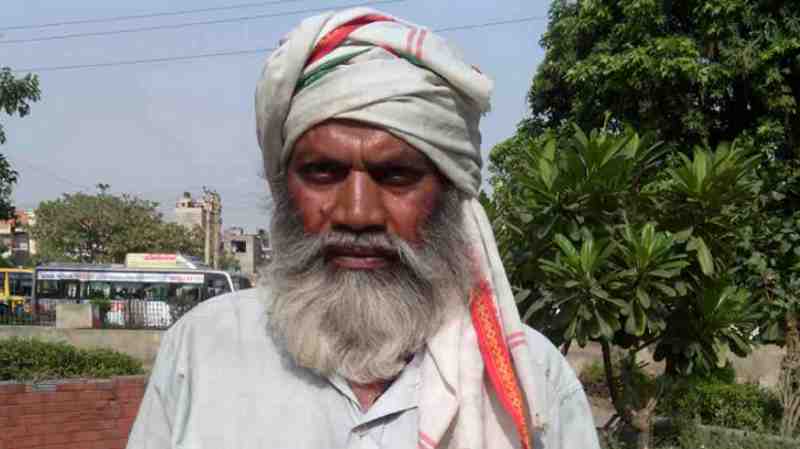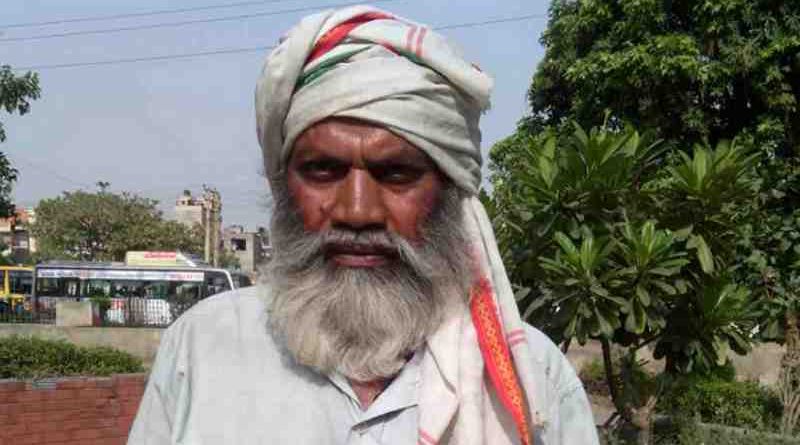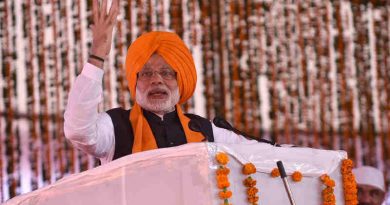Why India Fails to Handle Citizens’ Complaints

If the Indian governments really want to address public grievances, they must create robust online complaint monitoring systems with simplified graphical user interfaces (GUIs).
By Rakesh Raman
A Government of India minister Jitendra Singh said in the Lok Sabha on Wednesday that the government is successfully handling public complaints.
The minister presented the data related to citizens’ complaints and public grievances as received from the online Centralized Public Grievance Redress and Monitoring System (CPGRAMS).
According to the data, the number of complaints received during 2016 was 11,72,918 and 11,56,335 complaints were disposed off. The data also showed that the number of pending complaints as on July 12, 2017 was only 16,583.
But this is misleading data that conceals more than what it reveals. Actually, not even a fraction of the complaints that government receives from public are resolved.
[ Air India Ex-Staffer Sampathkumar Obstructs CVC Corruption Inquiry ]
Most government offices in India are crowded with untrained and uneducated officials. These offices work as mere post offices. When they receive a public complaint, they simply forward it to some other office and say that the complaint has been resolved.
But this is a dishonest way of handling a complaint which is actually not been resolved. As they are extremely inefficient and illiterate, Indian politicians and bureaucrats do not take decisions to resolve public problems.
[ Also Read: 12 Weird Facts About My Country India ]
They keep rotating written public complaints from one desk to another. Consequently, citizens are left with no other option but to approach the courts. As courts are always overcrowded, their decisions are either inordinately delayed or lack justice. Less said about the Indian courts, the better.
Although the Indian government claims that it has become paperless, the politicians and bureaucrats are so uneducated that they cannot even open, read, and respond to emails. Finally, the citizens have to stand in long queues in front of their offices to express their grievances which are hardly addressed. Thus, commoners in India are still living in slavery.
[ आओ मिल कर करें एक नये और समृद्ध भारत का निर्माण ]
If the Indian governments really want to address public grievances, they must create robust online complaint monitoring systems with simplified graphical user interfaces (GUIs).
The complainants should be able to monitor the movement of their complaints at every decision-making step with remarks from each official. Such online interfaces will not only reduce corruption in government offices, but they also will help evaluate bureaucratic efficiency.
By Rakesh Raman, who is a government’s National award-winning journalist. He had been associated with the United Nations (UN) through United Nations Industrial Development Organization (UNIDO) as a digital media expert to help businesses use technology for brand marketing and business development. He also runs a free school for deserving children under his NGO – RMN Foundation.
💛 Support Independent Journalism
If you find RMN News useful, please consider supporting us.




